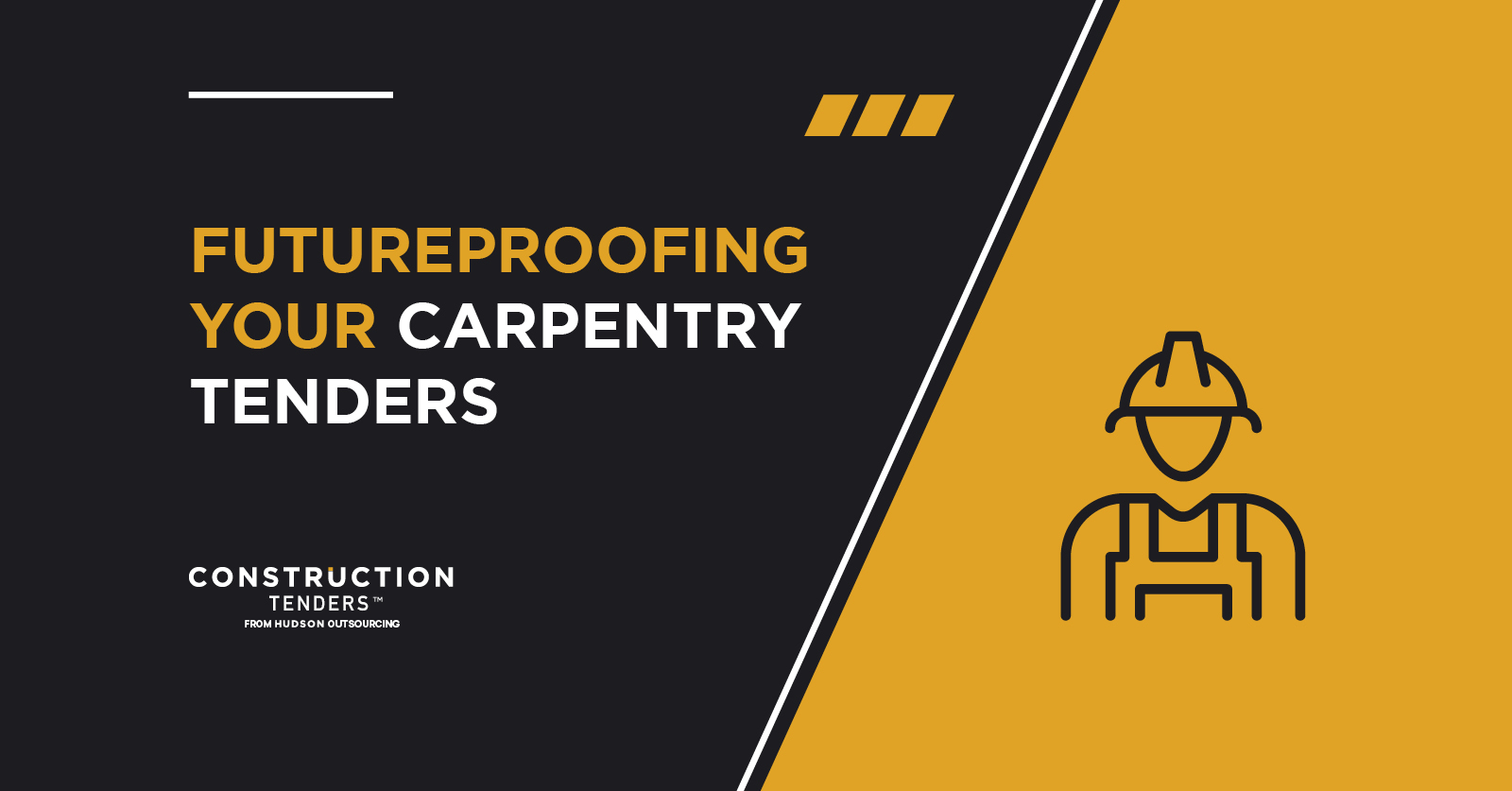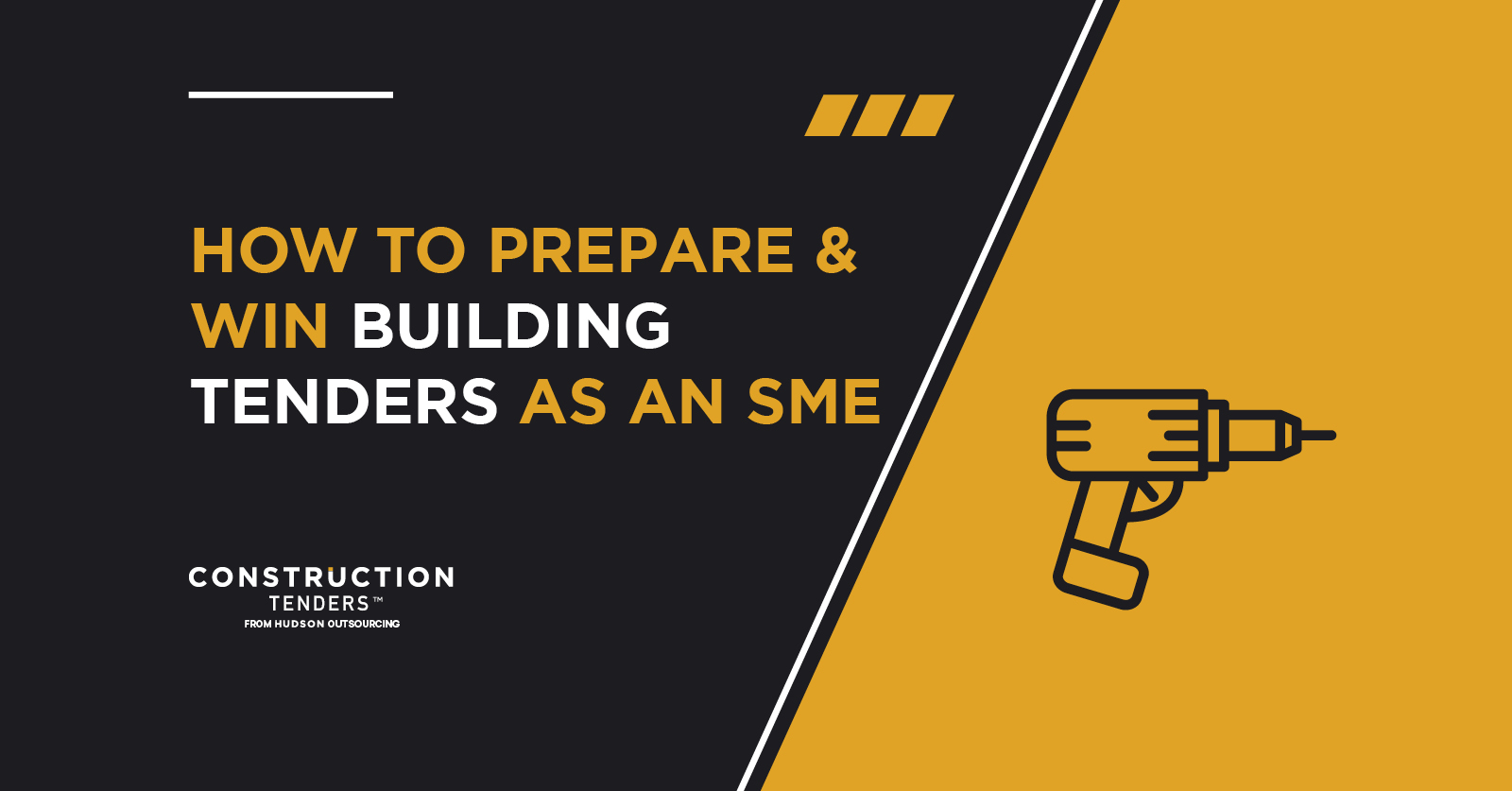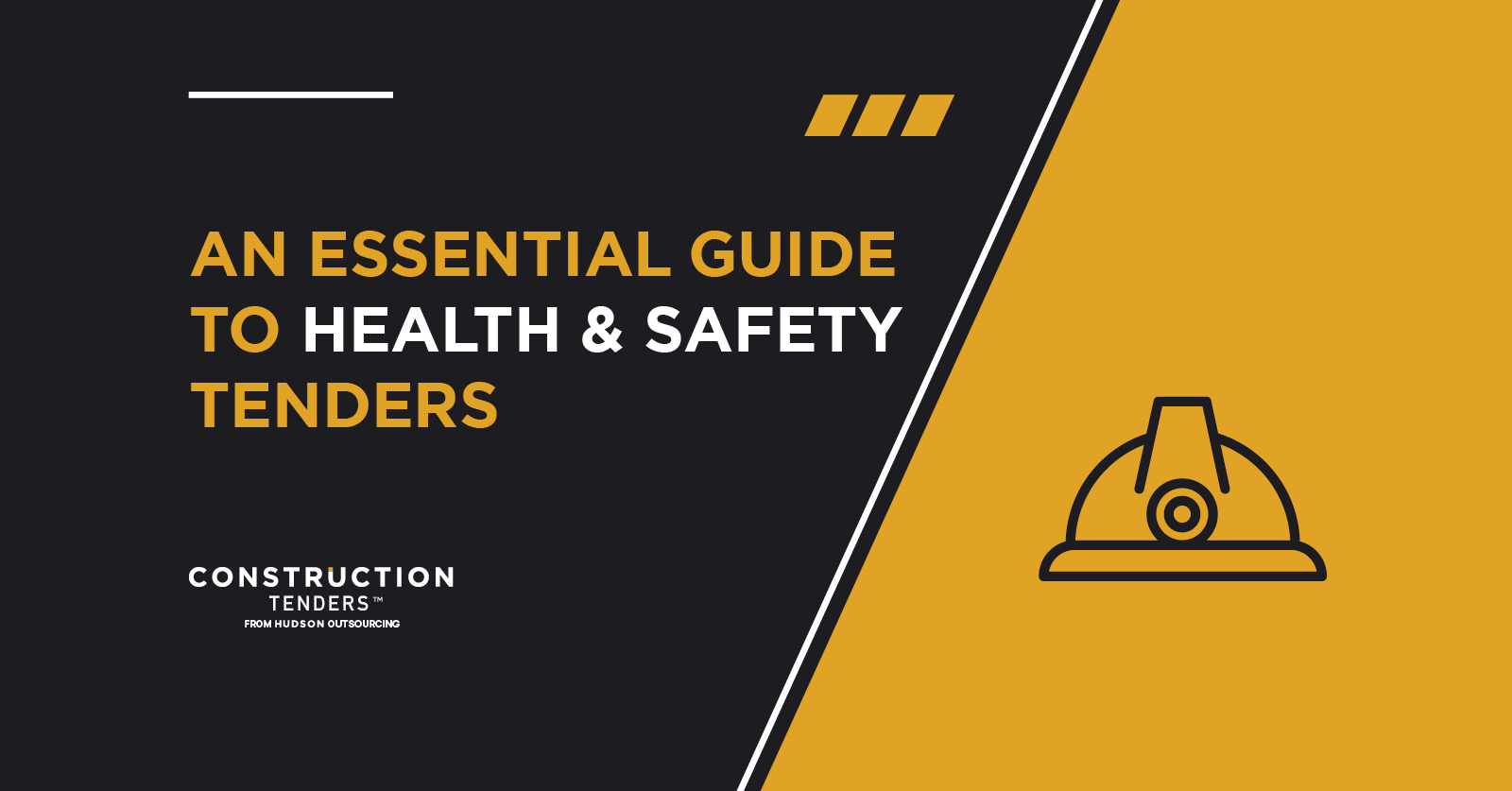What Will Brexit Mean for Carpentry Tenders?
Securing work through carpentry tenders is a great way to get diverse experience in a specialised trade. If your business specialises in a sub-sector of construction, you need to consider the implications of Brexit while tendering. Do you import materials from countries in the European Union (EU), or employ EU nationals? Or are you simply concerned about business prospects post-Brexit, and going forward into 2021?
Here’s a guide on what you should be doing (right now!) to secure carpentry tenders as we head towards Brexit.
When is Brexit?
You’re likely aware that Brexit is fast approaching. But when actually is it?
Currently, the UK is in a transition period until the end of the year while we negotiate new arrangements with the European Union (EU). January 1st, 2021 is the official date that the transition period ends. This is regardless of whether we reach a trade deal with the EU. Businesses must prepare for changes as we leave the customs union and single market.
Over the past month, business secretary, Alok Sharma, has urged businesses to prepare. He advised: “Businesses must act now to ensure they are ready for the UK’s new start come January … There will be no extension to the transition period, so there is no time to waste. Businesses have a crucial role to play in ensuring a smooth transition, and we will be there to support them.”
It’s understandable to be concerned as a business owner as we head towards the uncertainties of Brexit. Not to mention we’re in the middle of a second national lockdown. But, thankfully, we have some reassuring news regarding carpentry tenders.
Is now a good time to find carpentry tenders?
As long as you’re up to date on changing regulations – yes!
Construction will stay open for business during the second national lockdown and over the threshold of Brexit into 2021. The Construction Leadership Council has advised that construction sites should remain in operation. Sites should review their social distancing measures and remind their workforce to comply with Site Operating Procedures at all times. This means new carpentry tenders will be available.
The Construction Industry Training Board (CITB) also confirmed that training courses will continue, and test centres will remain open. Should they need to, workers can still undertake their Health, Safety and Environment assessments, for instance.
Looking beyond Brexit, the CITB also announced a detailed strategic plan to invest in and incentivise the construction industry. Going forward, the CITB will fund ‘hubs’ to train and develop new labourers. This will help relieve the immediate problem of replacing labourers who previously came from the EU.
What are the figures?
As of November 2020, the number and value of construction contracts overall are increasing. Here’s how carpentry tenders are bouncing back after the devastating closures of Spring 2020:
- October 2020 saw 482 construction contracts awarded, worth £6.8 billion. This is a 10% increase from September 2020 and the highest figures since April 2020.
- Construction tender opportunities in October were spread more widely across the UK in comparison to September. While a third of expenditure was in London (£2.3 billion), regions right across the nation saw large spends. For example, Scotland (£635 million), West Midlands (£534 million) and the South West (£515 million).
So, as we head into a post-Brexit 2021, it’s a promising time to seek carpentry tenders and secure business opportunities.
How do I find carpentry tenders?
To speed up the process of finding relevant carpentry tenders that can grow your business, try our Construction Tenders portal. We source construction contract opportunities on a daily basis, from thousands of buyers. We manually search for business opportunities in the public and private sector, across the UK, so you don’t have to. All you need to do is filter by relevant keywords, budgets, industry sectors and locations.
You’ll receive daily alerts when tenders are released for relevant services. Private buyers also post projects direct to our portal to source suitable suppliers from our subscribers. Book a free live demo today and see how we can help you find and secure carpentry tenders.
Will I need to adjust my business to win carpentry tenders post-Brexit?
Potentially, yes. And the sooner the better.
On January 1st, changes will be made to the way businesses do the following:
- Import and export goods
- Hire workers from the EU
- Provide services in EU markets.
But don’t fret. We’ve compiled the main points highlighted by the latest government advice and the latest weekly industry report from Build UK. The following points should be relevant to your business if you’re interested in carpentry tenders. You should, however, also seek personalised advice on how your business will be affected by Brexit. To do this, use the governments ‘Check, Change, Go’ tool on www.gov.uk.
You may need to reconsider the following things to meet regulations and secure future carpentry tenders.
-
Importing goods
Your business risks not being able to bring or receive goods or materials from EU countries if you don’t prepare. You should take the following steps to prepare for 1st January:
- Check the new rules on importing and exporting goods from the EU. For example, timber imported into the UK is currently governed by the European Timber Regulations (EUTR). From 1st January 2021, it will be governed by the UK Timber Regulations (UKTR) in England, Scotland and Wales. If your carpentry business imports timber from the EU, it will incur the responsibilities of an ‘Operator’ under the new regulations. In 2021, your company will have to undertake due diligence to show that there is ‘negligible risk’ that the timber was illegally harvested.
- Get an EORI number that starts with GB to move your goods into or out of the EU. This can take up to a week to receive. It is essential for moving goods, going forward.
- Check the UK Global Tariff that will apply to imported goods and decide how you will make customs declarations. Will you need to get someone to deal with customs for you?
- Check the rules for reporting unfair trade practices using the UK’s new trade remedies service.
-
Employing workers from the EU
You risk not being able to employ workers from outside the UK if you do not take the following steps:
- If you plan to recruit workers from the EU, Switzerland, Norway, Iceland or Liechtenstein, you will need to obtain a sponsor licence, which can take up to eight weeks. (This does not apply to workers from Ireland or people with pre-settled or settled status under the EU Settlement Scheme.)
- Encourage your employees to check if they need to apply to the EU Settlement Scheme.
- If you have workers from the EU who wish to continue living and working in the UK after 30 June 2021, advise them to apply for settled and pre‐settled status.
- If you have workers who travel to the EU for work purposes, they may need to apply for a visa or work permit from 1 January.
- Familiarise yourself with the new points‐based immigration system.
How can I increase my chances of securing carpentry tenders?
When tendering, it’s very important to keep up to date with changing regulations in regard to Brexit and COVID-19. Carpentry tender opportunities may be more difficult to secure in a changing climate. |t’s therefore important that you put your best foot forward with all tenders that are available and suitable for you!
A successful carpentry bid requires in-depth knowledge about tendering and procurement processes. Alongside our Construction Tenders portal, we also offer dedicated bid writing support via Hudson Succeed. The Succeed team has supported and secured construction bids for many clients in the industry. They’re on hand to help you complete carpentry tenders if you don’t have in-house the resources to do so.
There are four levels of tender writing support depending on your needs:
Send the tender specification to our bid writers. They will write the carpentry tender response and submit the bid on your behalf.
Our bid writers will assess your previous tender responses and work with you to develop improved content.
Our team will analyse your content and check for any errors before you submit your tender response.
The 4-week programme consists of creating and branding your corporate literature and helping you to identify opportunities.
Get in touch with Construction Tenders
Book a free live demo of Construction Tenders today. Clients receive a daily bulletin straight to their inbox when new tenders are uploaded. The bulletin contains all the relevant construction leads that we have sourced that day.
We actively source tenders for the following sub-sectors:
- Architectural Tenders
- Refurbishment Tenders
- Brickwork Tenders
- Building Works
- Health & Safety Tenders
- Small Construction Tenders
- Civil Engineering Tenders
- Electrical Tenders
- Surveying Tenders
- Demolition Tenders
- Flooring Tenders
- Glass Tenders
- M&E
- Cost Consultancy
- Painting Contracts
- Decorating Tenders
- Masonry and many more.
Contact us today and allow us to help you grow your business with Construction Tenders.


